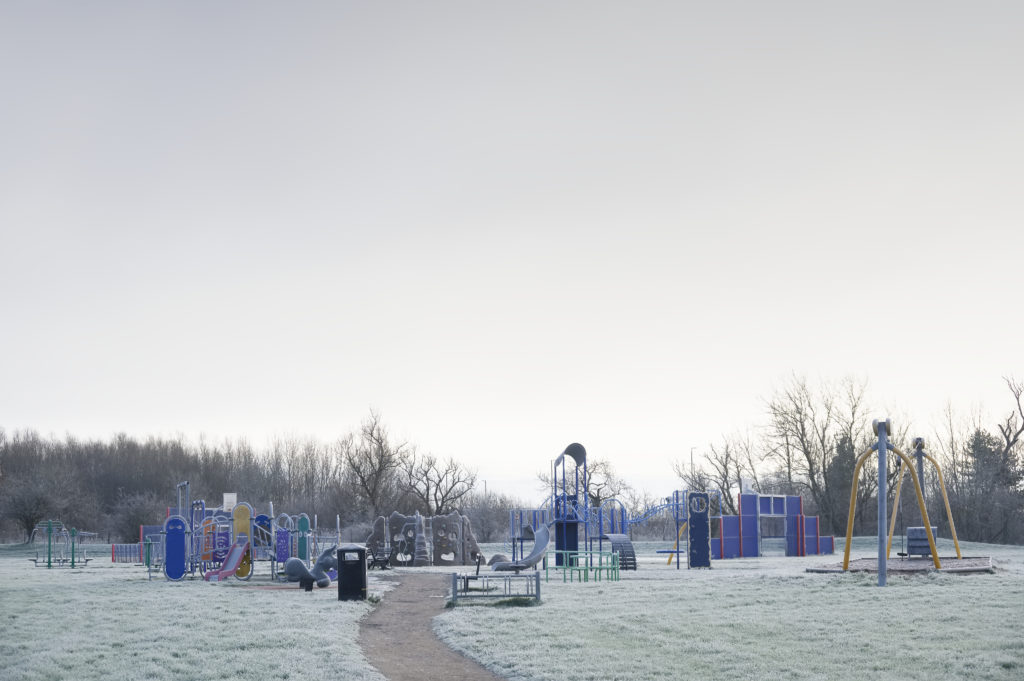Whilst child poverty was prevalent before the coronavirus pandemic, its scale, complexity and impact on children has been compounded by recent economic and political circumstances.
The UK government has ended several programmes that provided relief to people impacted by the pandemic, including the furlough scheme and the £20 weekly universal credit uplift. The impact of income insufficiency has been exacerbated by inflation and the energy crisis.
As the cost of living rises, it disproportionately affects those with the lowest incomes and coming at this time of the year, it is easy to draw parallels with the 1970s ‘winter of discontent’. The Childhood Trust’s report ‘Cold, Hungry and Stressed’, sounds the alarm bell that child poverty will increase over the Winter 2021/2022 creating further stress and anxiety for disadvantaged children, many of whom are already up to 18 months behind academically than their peers due the failure to support them during the lockdowns.
Whilst 2 million people in the UK will modestly benefit from the adjustment to the universal credit taper rate, approximately 3.4million people will be struggling to cope with the cuts because they are not in work. The cut to the universal credit uplift is already having a significant impact on low-income families. Approximately half (53%) of the 106,523 children represented by charities in our report are affected.


There have also been some initial signs that the end of the furlough scheme is impacting upon low-income families. For instance, there is an increasing number of families visiting food banks. There are concerns that this will get worse going into the holidays. According to our UK-wide survey of 1001 families, 74% of London respondents, compared to 51% of UK respondents, are expecting to be impacted by the end of furlough and the reduction of universal credit.
With winter approaching, rising energy prices are a huge concern for parents. Despite the cold, some families are afraid to turn their heating on. We know of others that have been living in darkness, unable to turn their electricity on.
Going into winter the situation for children affected by fuel poverty is expected to worsen. Out of the 106,523 children represented by 31 charities in this report, approximately 40,438 (38%) are expecting to experience fuel poverty at some point during the Christmas holidays. As such, more families are expecting to have to turn to charities for support.
Children face devastating life-long consequences from food insecurity and the nutritional deficiencies it causes. The composition of cheap, poor quality and highly processed food that children in poverty tend to depend on impacts physical health, behaviour, mental and emotional wellbeing, as well as academic attainment.
Since the beginning of the coronavirus pandemic, household food insecurity has increased, food bank use has reached its highest levels, and the number of children eligible for free school meals has risen. This winter, the rising cost of food is hitting low income families hard.
Our research found that, approximately 36,197 children supported by the charities we surveyed (34%) are expecting to go hungry and 42,615 (40%) are predicted to use food banks over the Christmas holidays. This places an increased pressure on third sector organisations to provide life sustaining services. The words of one mother of three that I spoke to sums up the situation: “If it wasn’t for the food bank, myself and my children would starve to death”.
The impacts of fuel poverty, food insecurity and financial instability are constant worries for parents that do not have enough money to get basic food for their family. These stresses will increase in the upcoming winter, with 83% of respondents from London, and 71% from across the UK, concerned about financial stability. Stress has numerous detrimental impacts upon children whose mental health is closely correlated with that of their parents.
Additional support is urgently needed for disadvantaged children. This is because current measures by the government, including the £500 million Winter Support Scheme and changes in the Autumn 2021 Budget, won’t be enough to provide the appropriate support this winter for everyone who needs it.
For instance, if the £500 million Winter Support fund was divided by the number of households on universal credit over 4 months of winter, the average a household would get is £4.04 a week. This is significantly lower than the £20 a week uplift to universal credit.
To respond to these challenges, the reliance on community and voluntary sector groups is set to increase as greater numbers of vulnerable and disadvantaged children and young people struggle with poverty. Going into winter 2021/2022 many charities will themselves struggle to support increased numbers of vulnerable beneficiaries without additional funding.
The Childhood Trust is launching their £3.5 million Christmas Challenge appeal to provide practical and emotional support to over 100,000 disadvantaged children this Christmas and throughout 2022.
Find out more here: https://childhoodtrustchristmaschallenge.com/donate












